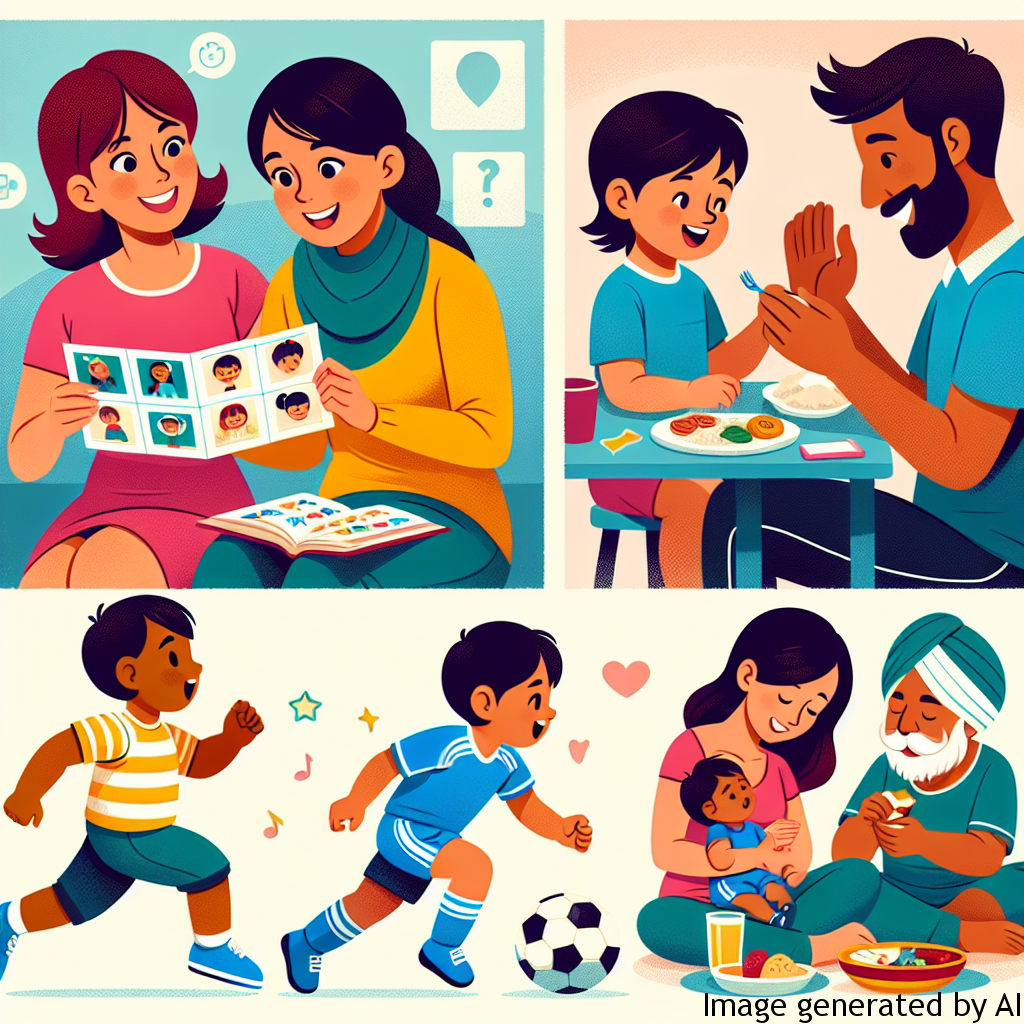Introduction
Child-rearing styles and expectations can vary greatly around the world, largely influenced by cultural, social, and economic factors. One aspect of child-rearing that is often discussed is the role of gender expectations and the lasting impact they can have. This article will explore the topic by specifically focusing on how such expectations can affect men’s psychological health, examples of how gender roles can influence the lives of men, and offer some strategies for improving psychological health while considering gender roles.
Description of Gender Expectations and Their Impact on Men’s Psychological Health
Defining Gender Expectations
Gender expectations refer to societal norms and attitudes about how individuals of a particular gender are supposed to behave. For men, these often revolve around being strong, self-reliant, and unemotional, traits typically associated with masculinity.
The Impact of Gender Expectations on Men’s Psychological Health
While some men may naturally exhibit these traits, the pressure to conform can have detrimental effects on those who do not. Restrictive masculine norms can potentially lead to higher levels of stress, anxiety, depression, substance misuse, and a reluctance to seek mental health support. Research shows that the rigid adherence to these norms can negatively affect men’s psychological health throughout their lifetimes.
Examples of How Gender Roles Can Influence Men’s Lives
The notion of being the ‘strong, silent type’ can lead men to suppress emotion and ignore mental health issues, perpetuating the stigma around men seeking help for emotional distress. Moreover, men with careers traditionally considered ‘feminine,’ such as nursing or early childhood education may face prejudice and discrimination, leading to potential job stress and psychological strain.
Advice on Improving Psychological Health with Consideration of Gender Roles
To improve men’s psychological health, there is a need for a societal shift towards accepting a broader spectrum of masculine identities. On an individual level, men can focus on fostering emotional intelligence, practicing self-care, and seeking mental health support when needed, regardless of societal pressures. Practicing empathy and understanding, particularly in parenting and education, can also be a proactive measure to promote healthier attitudes towards masculinity within the future generations.
Conclusion
Gender expectations play a critical role in child-rearing and can have significant impacts on men’s psychological health. By acknowledging this, individuals, societies, and cultures can work towards reevaluating and challenging traditional gender roles to foster a healthier, more accepting understanding of masculinity. Combating harmful gender expectations is not only essential for the well-being of men but is a critical step towards achieving gender equality and healthier societies as a whole.

